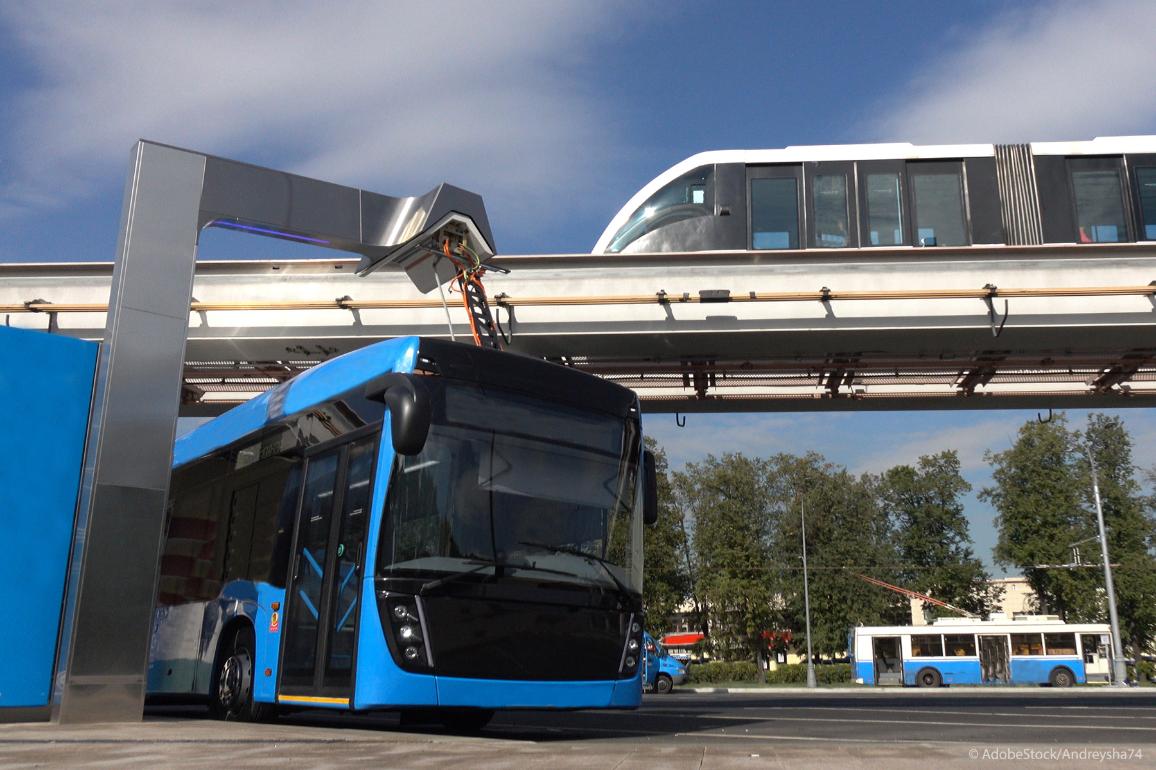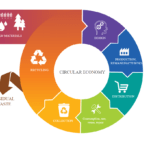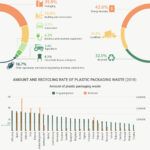Three quarters of the EU’s greenhouse gas emissions are due to energy, which includes electricity production, heat and transport.
Accelerating the deployment of renewable energies is essential to drastically reduce emissions from the electricity sector and achieve the EU’s 2050 climate neutrality target.
It is also a way for EU countries to be less dependent on energy imports and less vulnerable to disruptions that can affect prices.
In parallel, the EU is working on energy saving measures.
Increase in EU targets for the use of renewable energy sources
More than 20% of the energy consumed in the EU comes from renewable sources, which is more than twice as much as in 2004. The possibility of increasing the EU’s 32% target for 2030, as well as targets for buildings, heating and cooling and industry, is currently under review. In September 2022, the Parliament demanded raising the renewable energy target for 2030 to 45%.
In a context marked by Russian aggression in Ukraine and the EU’s dependence on Russian fossil fuels,the Parliament plans to vote in December on additional measures to accelerate the share of renewables in the bloc well before 2030. These include:
- reduce bureaucracy and time for the granting of permits for renewables projects and repowering of plants and new facilities
- progressive reduction of fuels derived from primary woody biomass
- accelerated deployment of solar power equipment on man-made structures
- deployment of a large number of new heat pumps by 2030 to reduce gas use in the heating sector
Commitment to renewable hydrogen
By using hydrogen to produce energy, no greenhouse gases are emitted. Hydrogen would therefore allow decarbonization of energy-intensive industrial sectors. It is estimated that clean hydrogen could account for 20-50% of energy demand in transport and 5-20% in industry in the EU by 2050.
To be sustainable, hydrogen must be produced from electricity from renewable sources. MEPs insist on the importance of uniform terminology across the EU to make a clear distinction between renewable and low-carbon hydrogen. In addition, they want to phase out fossil hydrogen.
In their update of the renewables rules, MEPs advocate an increase in hydrogen along with a simpler system for guaranteeing its origin.

EU approves COP27 commitment to keep the Paris Agreement alive
|
Enhancing marine renewable energy
Wind is currently the only marine renewable source being used on a commercial scale, but the EU is looking for other ways to harness its potential, including floating solar power, wave and tidal energy and the use of algae to produce biofuels.
The Commission proposed a European strategy to greatly increase electricity production from offshore renewables. The currently installed wind power capacity of 12 GW could reach 300 GW by 2050. The Parliament will set its position on the strategy in this legislature.
Opting for alternative fuels
Road transport accounts for about one-fifth of the EU’s carbon emissions. The Union’s objective is to replace fossil fuels with renewable and low-carbon fuels. Renewable fuels include biomass and biofuels, synthetic fuels and paraffinic fuels, including ammonia, produced from renewable energies.
El cambio a los vehículos de cero emisiones debe ir acompañado de una amplia infraestructura de estaciones de recarga y repostaje.
In October 2022, the Parliament adopted its position on rules on the infrastructure needed to make charging and refueling stations more accessible across Europe. MEPs want electric charging zones for cars at least once every 60 kilometers on major EU roads by 2026; and charging zones for trucks and buses once every 60 kilometers by 2026.
Financing sustainable energy infrastructures
The EU is revising the rules on financing cross-border energy infrastructure projects to bring them in line with climate objectives. It aims to phase out EU funding for natural gas projects and instead redirect funding to hydrogen infrastructure and carbon capture and storage. The rules came into force in June 2022.
MEPs successfully advocated for more offshore renewable energy projects and facilitated their integration into EU grids. All new infrastructure projects must contribute to the EU’s 2030 and 2050 climate targets, effectively ending EU support for fossil fuel-based infrastructure.
Ensuring a just energy transition
To support vulnerable households and small businesses during the energy transition, the EU wants a Social Climate Fund, with an estimated budget of €16.4 billion until 2027, which could reach €72 billion by 2032.
The fund would include incentives for switching to renewables, as well as measures to reduce energy taxes and charges, incentives for renovating buildings, and for car sharing and developing a second-hand market for electric vehicles.
Parliament is currently negotiating the fund with EU governments.
Source: European Parliament







Leave a Reply